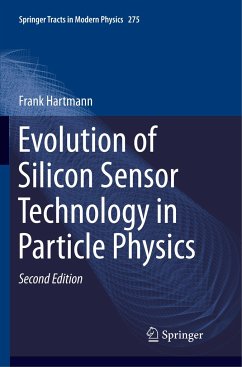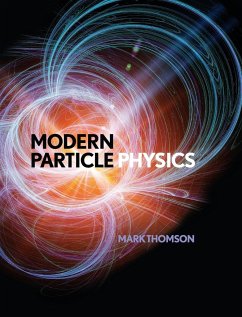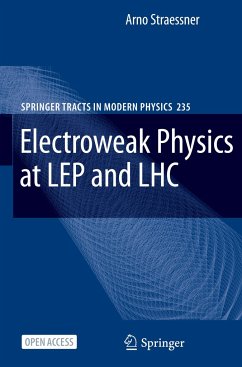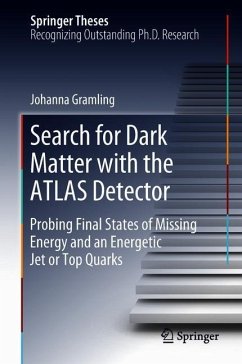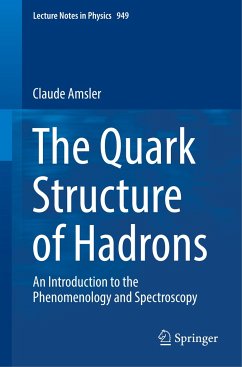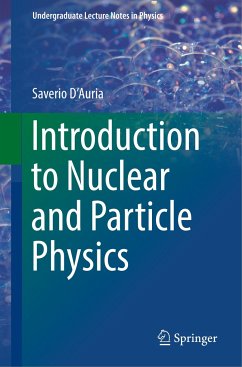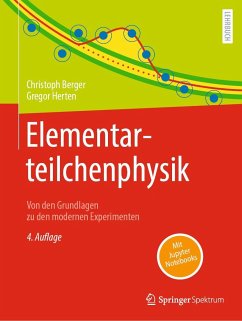Nicht lieferbar
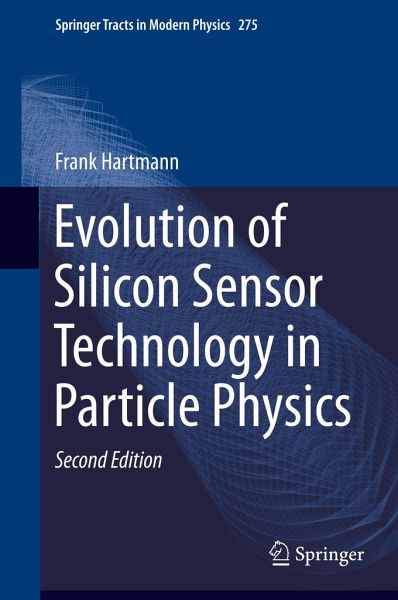
Evolution of Silicon Sensor Technology in Particle Physics
Versandkostenfrei!
Nicht lieferbar
Weitere Ausgaben:
This informative monograph describes the technological evolution of silicon detectors and their impact on high energy particle physics. The author here marshals his own first-hand experience in the development and also the realization of the DELPHI, CDF II and the CMS tracking detector. The basic principles of small strip- and pixel-detectors are presented and also the final large-scale applications. The Evolution of Silicon Detector Technology acquaints readers with the manifold challenges involving the design of sensors and pushing this technology to the limits. The expert will find critical...
This informative monograph describes the technological evolution of silicon detectors and their impact on high energy particle physics. The author here marshals his own first-hand experience in the development and also the realization of the DELPHI, CDF II and the CMS tracking detector. The basic principles of small strip- and pixel-detectors are presented and also the final large-scale applications. The Evolution of Silicon Detector Technology acquaints readers with the manifold challenges involving the design of sensors and pushing this technology to the limits. The expert will find critical information that is so far only available in various slide presentation scattered over the world wide web. This practical introduction of silicon sensor technology and its day to day life in the lab also offers many examples to illustrate problems and their solutions over several detector generations.
The new edition gives a detailed overview of the silicon sensor technology used at the LHC, from basic principles to actual implementation to lessons learned.
The new edition gives a detailed overview of the silicon sensor technology used at the LHC, from basic principles to actual implementation to lessons learned.




